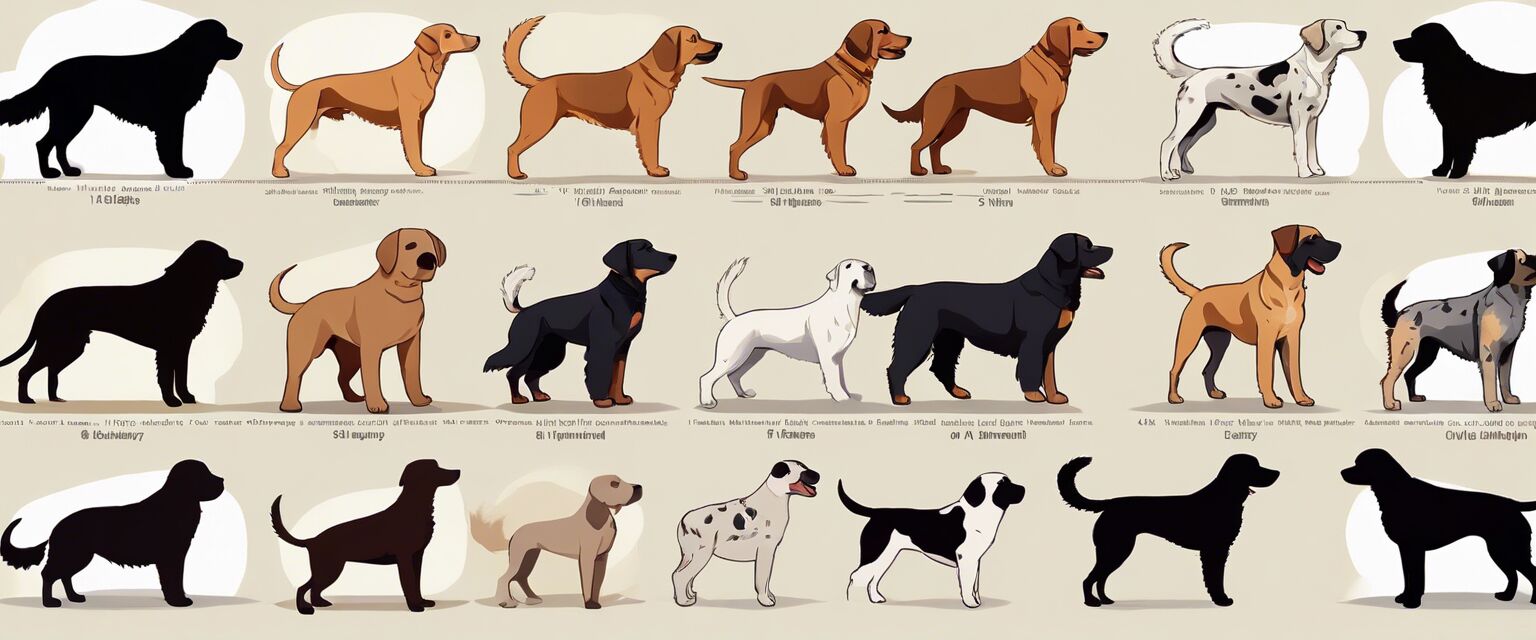
Allergies in dogs
Key Takeaways
- Dogs can suffer from various allergies, including food, environmental, and flea allergies.
- Identifying the type of allergy is crucial for effective management.
- Common symptoms include itching, redness, and gastrointestinal issues.
- Consulting a veterinarian is essential for proper diagnosis and treatment options.
- Management may include dietary changes, medication, and environmental adjustments.
Allergies in dogs are a common issue that can cause discomfort and distress for both pets and their owners. Understanding the different types of allergies, their symptoms, and management strategies is essential for keeping your furry friend healthy and happy.
Types of allergies in dogs
There are three primary types of allergies that dogs can experience:
- Food allergies: Reactions to specific ingredients in their diet.
- Environmental allergies: Reactions to pollen, dust, mold, and other environmental factors.
- Flea allergies: Sensitivity to flea saliva that can lead to severe itching.
Food allergies
Food allergies in dogs can manifest as skin reactions or gastrointestinal problems. Common allergens include:
- Beef
- Dairy
- Wheat
- Chicken
- Eggs

Environmental allergies
Dogs can be sensitive to various environmental factors, leading to symptoms such as sneezing, itching, and watery eyes. Common triggers include:
- Pollen from plants and trees
- Dust mites
- Mold spores
- Grass and weeds
Flea allergies
Flea allergies are particularly common among dogs. When a flea bites, it injects saliva that can cause severe allergic reactions. This can lead to:
- Intense scratching
- Hair loss
- Skin infections
Symptoms of allergies in dogs
Recognizing the symptoms of allergies is crucial for early intervention. Some common signs include:
- Itching and scratching
- Red, inflamed skin
- Ear infections
- Vomiting or diarrhea
- Excessive licking
Diagnosing allergies in dogs
If you suspect your dog has allergies, it is essential to consult a veterinarian. They may perform:
- A physical examination
- Allergy testing (skin or blood tests)
- Dietary trials to identify food sensitivities

Managing allergies in dogs
Once diagnosed, managing your dog's allergies typically includes:
- Adjusting their diet
- Using medications prescribed by a vet
- Implementing flea control measures
- Making environmental adjustments (like using air purifiers)
Dietary changes
If your dog has food allergies, your vet may recommend a special diet. This often involves:
- Hypoallergenic dog food
- Elimination diets to identify triggers
Medications
For managing symptoms, your vet might prescribe:
- Antihistamines
- Corticosteroids
- Topical treatments for skin irritation
Flea control
Preventing flea infestations is crucial for dogs with flea allergies. Recommended measures include:
- Regular flea treatments
- Maintaining a clean living environment
- Using flea collars or topical solutions
Preventing allergies in dogs
While not all allergies can be prevented, you can take steps to minimize the risk:
- Choose high-quality dog food with limited ingredients.
- Regularly groom your dog to remove allergens from their coat.
- Keep your home clean and reduce dust and mold exposure.
Pros
- Understanding allergies can lead to better health for your dog.
- Early diagnosis can prevent severe reactions.
- Management strategies can improve your dog's quality of life.
Cons
- Allergy management can be time-consuming and costly.
- Some treatments may have side effects.
- Identifying allergens can be challenging.
Conclusion
Allergies in dogs are a significant concern that requires attention and proper management. By recognizing the signs, consulting with a veterinarian, and implementing recommended strategies, you can help your dog lead a happier, healthier life. For more information on dog health, check out our sections on exercise & training, grooming & care, and health & wellness.
Tips for managing allergies in dogs
- Keep a diary of your dog's symptoms and food intake.
- Be consistent with flea treatments.
- Consult with a vet for personalized advice.
- Stay informed about new treatments and dietary options.








